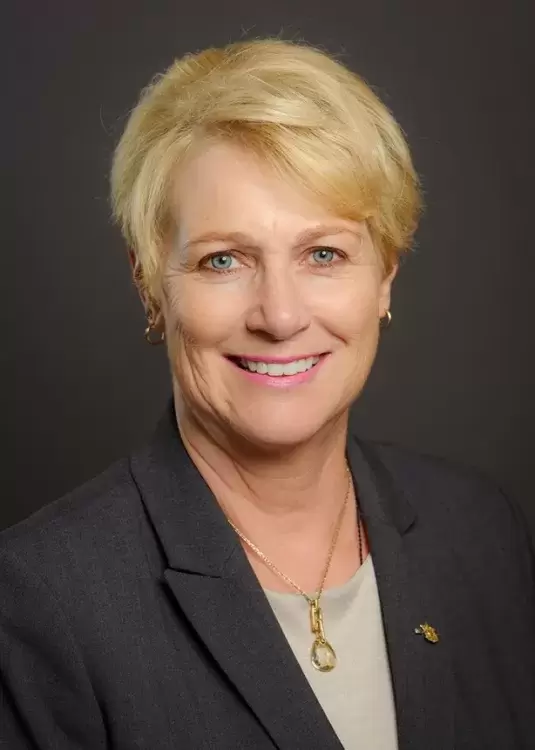Expecting parents will no longer be kept in the dark as alerts are issued to child welfare authorities, according to a recent statement from the provincial minister.
B.C.’s Ministry of Children and Family Development announced on Sept. 16 that the issuing of “birth alerts” will cease, which is notifying childcare authorities of parental neglect or safety hazards before an infant is born. Done without the consent of expectant parents, this practice often leads to the ministry seizure of newborn in hospital.
“Used in hospitals for decades in B.C. and in other provinces and territories, these alerts are issued, without the consent of the expectant parents, where there is a potential safety risk to infants at birth,” said Katrine Conroy, minister of Children and Family Development, in a press release. “Health care providers and social service workers will no longer share information about expectant parents without consent from those parents and will stop the practice of birth alerts.”
In her statement Conroy noted that Indigenous families have been disproportionally affected by the practice, a trend that follows the overrepresentation of First Nations children in the foster system. Despite comprising less than 10 per cent of B.C.’s population, 63 per cent of the province’s children in foster care are from Indigenous backgrounds. This phenomenon worsens east in the prairies: 70 per cent of Alberta’s children in care are Aboriginal, as are 80 per cent of the foster kids in Saskatchewan and 90 per cent of Manitoba’s children in care.
On Vancouver Island, the Huu-ay-aht declared a public health emergency in March 2018, when 21 per cent of the First Nation’s children were in foster care. In a highly-publicized case, the birth alert practice was used in January 2018 on a 20-year-old Huu-ay-aht mother, who had her baby removed in the hospital three days after birth. The newborn was placed in the foster care of the paternal grandmother in Courtenay, with the mother permitted two hours of daily access, excluding weekends. The removal was challenged and in March 2018 Provincial Court ruled that the mother should get full access at her home in Port Alberni, on the condition that the infant and mother receive ongoing support from family and their First Nation.
A report from the Ministry of Children submitted to court noted “significant concerns for [the mother’s] ability to provide a safe and stable environment for a newborn child.” But according the Judge Barbara Flewelling’s ruling, the mother was not informed beforehand that the removal would take place nor given an adequate reason for the ministry’s disruptive action, which is a requirement under the Child, Family and Community Service Act.
“While in hospital [the mother] did not receive a personal visit from a MCFD social worker until Jan. 16,” stated Flewelling. “During this visit, the social worker handed [the mother] a telephone. It was [another ministry social worker] on the phone, who then told [the mother], over the phone, that MCFD was removing the baby. [The mother’s] evidence is that she was told the reason was because of her own mother’s history with MCFD. [The mother] was shocked and extremely distressed.”
“We asked over and over again what are the reasons for removal, and couldn’t get any answers,” said Maegen Giltrow of Ratcliff and Company, who represented the mother in court.
According to Conroy, the ministry will be changing the way it works with cases where a safety risk exists.
“Moving to a voluntary approach of providing early supports and preventative services to expectant parents will help them plan and safely care for their babies,” she said. “This change to practice allows for a more trusting, collaborative relationship with service providers right from the beginning, while empowering women, their families and their communities to work together to care for their children.”
This will cost more money that Giltrow has not seen committed by the provincial government.
“The will is there but the funding, for a long, long time, is insufficient,” she said. “These are caseloads that are too big to allow the social workers to provide supportive services - so they get on reactive, precautionary, defensive measures - which is a birth alert.”
Giltrow has seen the direct effects of such scrutiny from the child care ministry.
“It certainly removes the decision making from the parent. It’s just so traumatizing,” she said. “Every action that she takes is measured against whether she’s demonstrating appropriate maternal behaviour. The rest of us don’t get measured that way when we have our children and are lying there recovering. It puts such a punitive lens on everything that happens for that mom.”
The extent that the birth alert practice can change will also be guided by B.C.’s Child, Family and Community Services Act, which stipulates the duty of anyone to report the observed need for child protection – even if this information “is confidential and its disclosure is prohibited under another act.” A person who contravenes this duty is committing an offence, according to the legislation.







